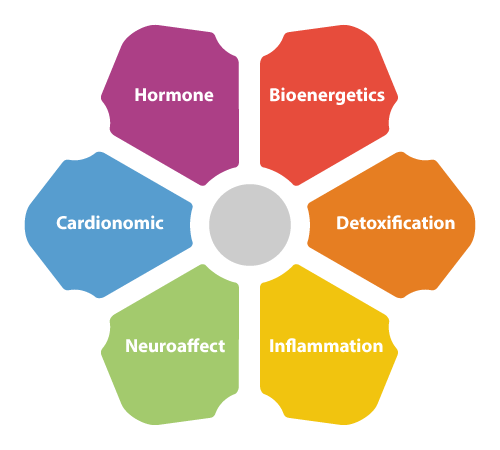"Dream, Dream, Dream! Conduct these dreams into thoughts, and then transform them into action."
- Dr. A. P. J. Abdul Kalam
"Dream, Dream, Dream! Conduct these dreams into thoughts, and then transform them into action."
- Dr. A. P. J. Abdul Kalam
29 Feb 2024
With our hectic schedules, we wind up spending a significant portion of our days in front of computers at our homes and businesses. While remaining indoors is relaxing, we frequently miss out on one vital component for living a healthy and happy life: sunshine! Did you know that getting enough sunshine every day is vital for preventing a variety of ailments? Dr. Dixa Bhavsar, an Ayurveda doctor, said on Instagram that "25-30 minutes of sun exposure in the morning (right after sunrise and before 8 am) and evening (at the time of sunset) can do wonders to your health." While many people feel that natural light is merely a good source of vitamin D, it offers so much more."Vitamin D is an immune and energy boosting hormone which has a profound effect on our health,” she wrote, sharing the other health benefits. Take a look.
Remember that natural sunshine is much more than just vitamin D. So, don't expect vitamin D supplements to solve all of your health problems.

Its Important Benifits ~

Historical Significance~
The sun has been revered for its amazing healing properties throughout history in many different civilizations. Therefore, humanity has been aware of the sun's health advantages since prehistoric times. The Vedas, an old and revered Hindu text, acknowledges sun treatment as a potent natural remedy for several health issues. The sun is an essential element of Indian culture. In reality, people in India still use sacred sun salutations like Surya Namaskar, which are believed to have healing properties for the physical, psychological, and spiritual domains.
According to the ancient Roman scholar Pliny, the sun is the most significant natural self-administered remedy. Hippocrates and other well-known medical professionals from Arabia and Rome lauded the inherent therapeutic benefits of heliotherapy, which is the use of sunshine for certain skin disorders. Sunlight treatment was utilized to treat epilepsy, asthma, obesity, jaundice, and disorders of the colon and bladder throughout the Roman Empire. Sunlight was thought to help treat rickets and scurvy in the 1700s. In the late 1800s, cholera, anthrax, and dysentery were among the bacterial illnesses for which the sun was known to be beneficial. The Nobel Prize was awarded to renowned solar therapists Finsen and Koch in 1903 and 1905, respectively, for their innovative use of UV light to treat TB. For more than 40 years, Dr. Auguste Rollier of Switzerland effectively treated TB using sun treatment. Of the 2,167 patients, 1,746 had effective treatment; the other patients' failures were limited to instances that were further advanced. Dr. Oskar Bernhard used sun therapy to heal wounds and prevent tetanus and gangrene during World War I. The sun's possible health advantages were eventually acknowledged. Sunlight treatment was utilized to cure a variety of illnesses affecting the respiratory system, musculoskeletal system, neurological system, skin, and circulatory system during the 1900s.
Safe Sun Exposure Procedures
Of the more than 1500 wavelengths found in natural sunshine, only UVB rays are known to have therapeutic properties. Since prolonged sun exposure can lead to more health issues including skin cancer, the two most important variables for successful sun treatment are the amount of time spent in the sun and its length.Knowing how much sun exposure is necessary is also crucial, particularly if you have severe adrenal fatigue. This is because quick bursts of sunshine can cause an adrenal crash and your body may struggle to regulate its temperature. Quickly remove yourself from the sun when your skin begins to become pale pink to prevent sunburn. If you have a sunburn, you should think about using an aloe vera gel and cold compress to treat your skin.
Humanity has been aware of the incredible healing properties of natural sunshine for eons. Owing to the sun's enormous health advantages, sunlight therapy has been used historically to treat a variety of health problems. In addition to helping your body produce vitamin D, moderate sun exposure also helps your body absorb calcium and phosphorus, increases serotonin, lowers stress, eases sleeplessness, supports weight loss, relieves rheumatoid arthritis and osteoporosis, combats SAD, helps you maintain your circadian rhythm, controls body temperature, lowers mortality rates, relieves neonatal jaundice, heals wounds, and lessens chronic pain. By following appropriate sun precautions, you may get the most of the sun's health advantages without running the risk of developing any new health problems.